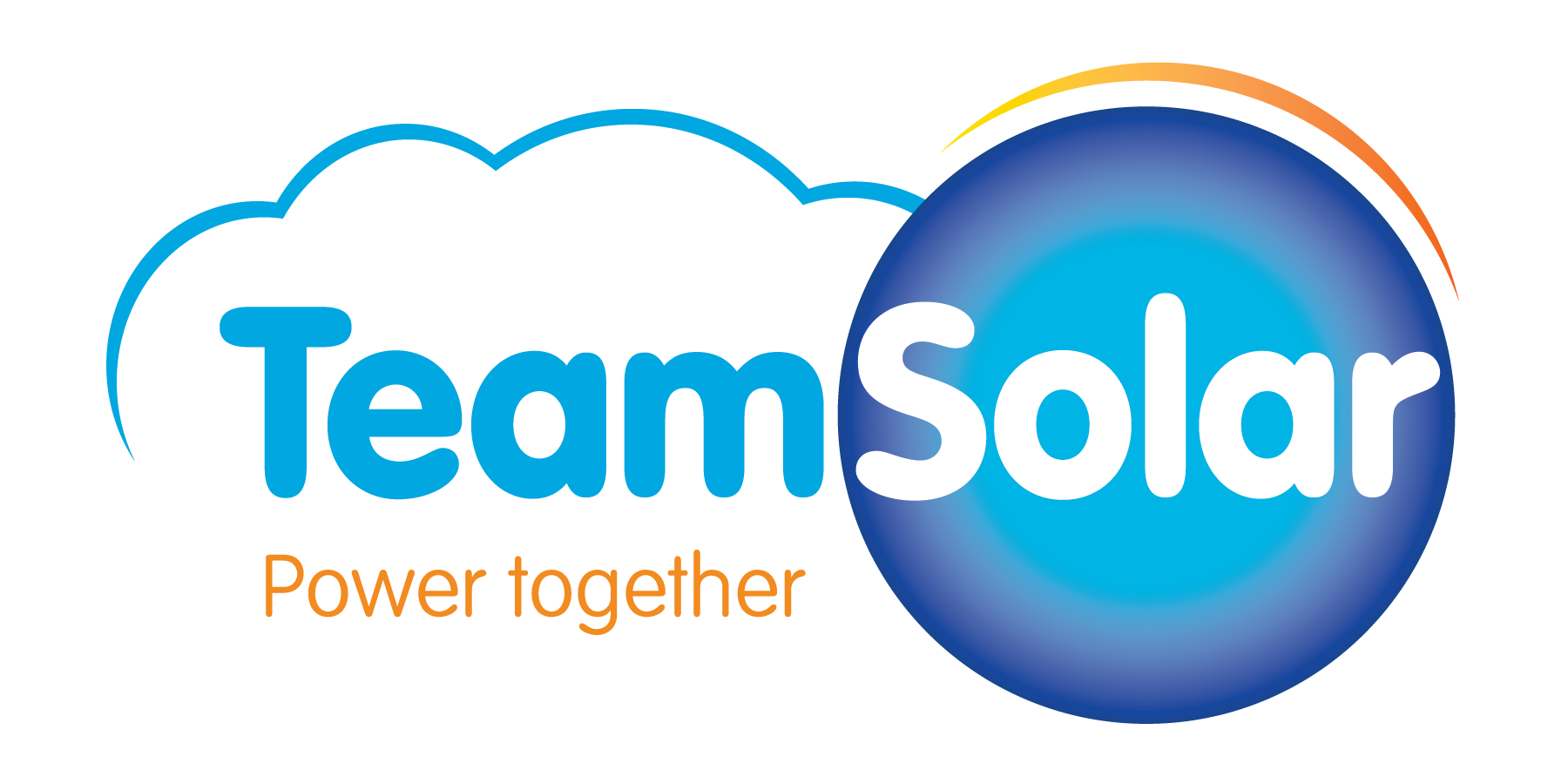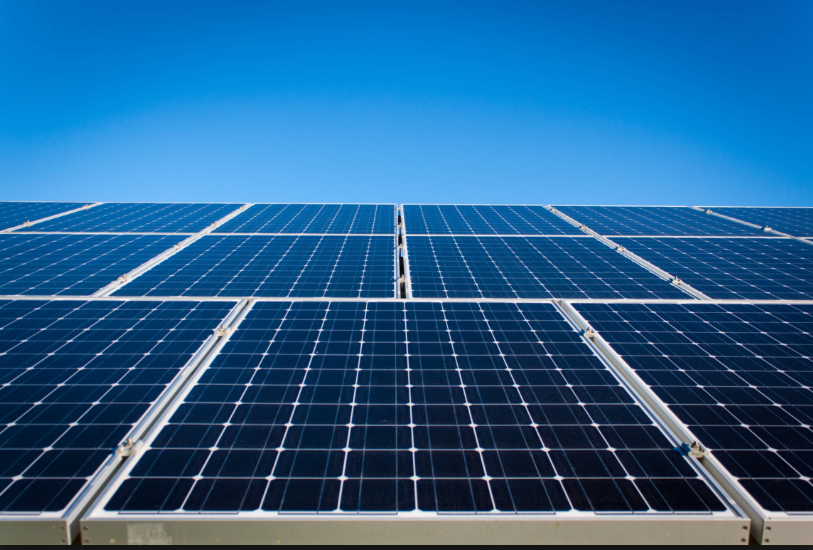Are you a Maine homeowner looking to take control of your energy costs while reducing your carbon footprint? Look no further! Team Solar is here to help you harness the power of the sun and make a positive impact on your home, your wallet, and the environment.
- Should I have my system over produce?
- Overproducing refers to the practice of installing a solar system that generates more electricity than your home consumes. While it may seem like a good idea to have excess electricity, it's important to carefully consider your energy needs and system size. Overproducing can result in higher upfront costs and longer payback periods, as you may need to invest in a larger system and pay for excess electricity that you don't use.
- Before deciding to overproduce, it's recommended to conduct an energy audit to determine your home's energy consumption and select a solar system that meets your needs without significantly overproducing. Additionally, some utility companies have policies on excess electricity production, such as net metering, which allows you to sell back excess electricity to the grid. Understanding your utility company's policies is crucial when considering overproduction.
- Can I go solar if I have No money?
- Yes, you can still go solar even if you have limited or no upfront capital. There are several options available to make solar energy more accessible, such as solar leases, power purchase agreements (PPAs), and solar loans.
- A solar lease allows you to lease the solar panels from a solar provider for a set period of time, usually 10-20 years, and pay a fixed monthly fee. With a PPA, you agree to purchase the electricity generated by the solar system at a predetermined rate, typically lower than the utility rate, for a set period of time. Both leasing and PPAs typically require little or no upfront costs, making them attractive options for those with limited capital.
- Solar loans are another option that allows you to finance the purchase of a solar system over time, with monthly payments. Many financial institutions offer solar loans with favorable terms and interest rates, making it possible to own your solar system and enjoy the benefits of solar energy without paying the full cost upfront.
- It's essential to carefully evaluate the terms and conditions of these financing options and choose the one that best fits your financial situation and long-term goals.
- What happens if I move?
- If you move to a new home, there are several options for your solar system. You can transfer the solar lease or PPA to the new homeowner, allowing them to take over the agreement and benefit from the solar system. Alternatively, you can prepay the remaining lease or PPA payments, or buy out the system and have it removed if you prefer not to transfer the agreement.
- If you own the solar system outright, you can choose to sell the system with your home, or you may decide to have it removed and take it with you to your new location, although this can be a costly and complex process.
- It's important to understand the terms and conditions of your solar lease, PPA, or ownership agreement, and work with your solar provider to determine the best course of action when moving to a new home.
- What happens if my roof leaks?
- Solar panels are typically installed on the roof, and it's natural to be concerned about potential leaks. However, solar panel installation is done by professional installers who follow industry standards and best practices to minimize the risk of roof damage.
- In the unlikely event that your roof develops a leak after solar panel installation, it's essential to contact your solar provider or a qualified roofing professional as soon as possible to assess and repair the issue. Solar panels can be removed temporarily to allow for roof repairs, and then reinstalled once the roof is fixed.
- What type of panel should I choose?
- What type of panel should I choose?
- There are three main types of solar panels commonly used for residential installations: monocrystalline, polycrystalline, and thin-film.
- Monocrystalline panels: These panels are made from a single crystal structure, which makes them highly efficient and space-efficient. Monocrystalline panels are known for their sleek black appearance and high power output, making them a popular choice for residential installations. They are also more expensive compared to other types of panels.
- Polycrystalline panels: These panels are made from multiple crystal structures, which makes them slightly less efficient than monocrystalline panels. However, polycrystalline panels are typically more affordable and offer good performance in various weather conditions.
- Thin-film panels: These panels are made from a thin layer of semiconductor material and are less common for residential installations. They are typically less efficient than crystalline panels but can be more flexible and lightweight, making them suitable for specific applications where weight or flexibility is a concern.
- Do panels lose efficiency over time?
- Yes, solar panels can lose efficiency over time due to a phenomenon known as "panel degradation." Panel degradation is a natural process that occurs as solar panels are exposed to environmental factors such as sunlight, temperature fluctuations, and moisture. On average, solar panels lose around 0.5% to 1% of their efficiency per year.
- It's important to note that the rate of panel degradation can vary depending on the quality of the panels and the conditions in which they are installed. High-quality panels from reputable manufacturers tend to have slower degradation rates and can maintain their efficiency for longer periods.
- Regular maintenance, such as keeping the panels clean and free from debris, can also help minimize efficiency losses. Additionally, working with a professional solar installer and choosing high-quality panels can ensure better performance and longevity for your solar system.
- What does the fire department think of my solar panels?
- Fire departments generally view solar panels as a safe and reliable source of clean energy. However, it's important to follow safety guidelines and regulations when installing solar panels to ensure their safe operation.
- Solar panels are designed with safety features such as anti-backflow diodes that prevent electricity from flowing back into the panels during a power outage, making them safe for emergency responders to work around. Additionally, solar panels are typically installed with a disconnect switch that allows the system to be shut off in case of an emergency.
- It's important to comply with local building codes and regulations when installing solar panels and work with a professional solar installer who is knowledgeable about fire safety requirements. Informing your local fire department about your solar system and its location can also be helpful in case of an emergency.
- In conclusion, when it comes to choosing solar panels, it's important to consider the type of panel, their efficiency over time, and the safety aspects. Consulting with a professional solar installer and following local regulations can help you make an informed decision and ensure the safe and efficient operation of your solar system for years to come.



